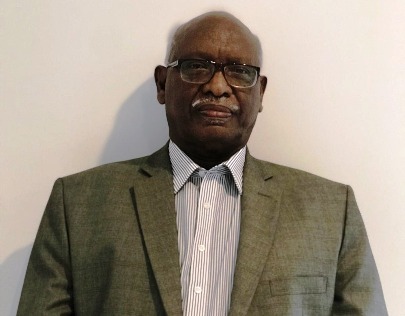Opinion
Sudan and the Confrontation with Imperialism

By: Zein Al-Abideen Saleh Abdulrahman
The recent failure of the U.S., British, and French project at the UN Security Council, which aimed to introduce international forces under the pretext of protecting citizens, is neither the first nor likely the last attempt amid the struggle for influence in the region. Each time such initiatives fail, it bolsters national unity within Sudan, energizing calls for mobilization and youth involvement in popular resistance. These repeated efforts by foreign powers also reveal their desire to control Sudan’s resources and strategic location. These powers didn’t begin planning this project after the December 2018 revolution, which saw the emergence of the so-called “Quartet”; rather, it dates back to the planning that began for the September 2013 uprising, when it became evident that Sudan’s ruling regime was weakening due to internal divisions.
Since then, Western nations have conducted various workshops in Nairobi and Kampala, ostensibly to enhance crisis management, attracting individuals who seemed willing to align with their agendas. Sudan’s weaknesses have been exploited, with certain neighboring nations, such as Kenya and Uganda, openly supporting local militia factions, as seen through IGAD’s stance on the crisis. Meanwhile, Saudi Arabia and the UAE initially provided financial support for these efforts, selecting influential Sudanese individuals from among intellectuals, academics, and businesspeople to further their objectives. Saudi Arabia eventually withdrew, fearing backlash in both Arab and Islamic spheres, while the UAE continued its support for militia forces, supplying arms through Chad and Libya (via Haftar) and recruiting mercenaries from South Sudan to support the militia in combat.
Testimonies from detained informants reveal that their collaboration with the militias began months before the war, involving surveillance of military, police, and security officials’ residences, as well as political figures’ homes, particularly those of Islamists. This covert work, which they described as contributing to a “new Sudan,” was rewarded, and the individuals who recruited them have now been identified. Some claim this is merely a conflict between two sides, or an attempt to prevent Islamists from returning to power—arguments that obscure the true motives and distort the facts.
Sudan is also making diplomatic efforts to uncover the funding details of the UN mission led by Volker Perthes, as the UK attempted to restrict access to this information. This funding also included specific institutions and individuals who served this imperialist agenda aimed at controlling Sudan’s resources. Disclosing these details is crucial for understanding the full scope of the plan and the local actors who supported it.
Recently, the “Progress” coalition submitted a petition to the UN Security Council, calling for international forces to protect citizens—an initiative supported by the U.S., the UK, and France, indicating that imperialist nations will not stop at the current conflict but are determined to push their agenda further. However, the steadfastness of the army and the unified support of the public are formidable barriers to these schemes. Despite claims that the focus is solely on preventing Islamists from returning to power, these efforts often mask allegiance to imperialist objectives in exchange for personal gains. The war has fostered a new awareness in Sudan, and the resilience of young people engaged in popular resistance has become a foundation for the vision of a stable, secure Sudan, God willing. May we be granted wisdom and insight.



